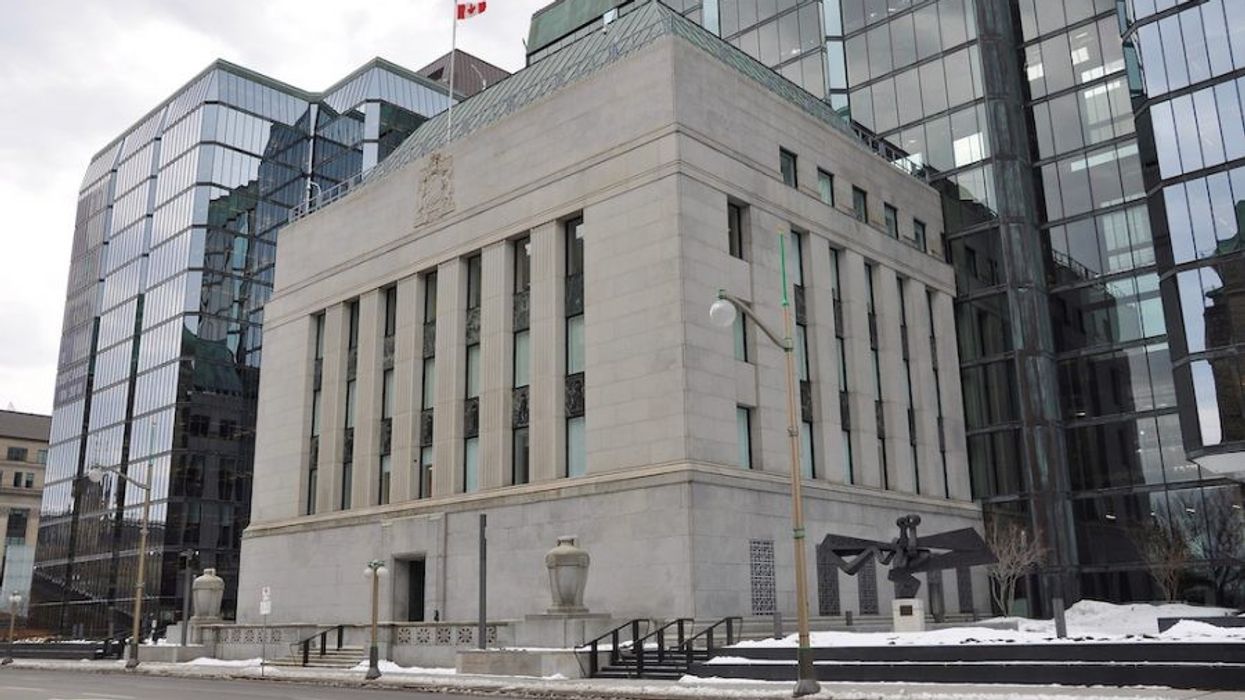An economic downturn appears to be a given at this point, one that no pause in Bank of Canada (BoC) rate hikes can prevent, a new report from RBC Economic says.
The bank's Canadian Economic Outlook, released on Wednesday, emphasized that despite record-low unemployment numbers, inflation slowly easing up, and the housing market nearing a bottom, "the Canadian economy continues to inch closer to a recession in 2023."
"Pausing interest rate hikes won’t prevent a Canadian recession in the year ahead," says the report, written by economists Craig Wright, Robert Hogue, and Nathan Janzen. "A mild downturn is probably already a given in light of the current restrictive level of interest rates."
The BoC began its rate hike in March, having now implemented seven raises, bringing its overnight lending rate to 4.25%. The housing market, after seeing a sharp correction throughout the spring and summer as rates climbed, appears to finally be bottoming out, the report says. But the impact of higher interest rates will hang around for quite some time, particularly as new fixed-rate mortgages are renewed.
Higher rates mean higher household debt payments, which RBC predicts will "spike to record levels by the end of next year," eating up Canadians' disposable income. In fact, RBC expects higher debt payments, combined with inflationary pressure, to cut $3,000 from household purchasing power next year.
Inflation has dominated the conversations of exasperated Canadians this year, from complaints of having to shell out more for groceries to having to pay more at the pump. Thankfully, there appears to be some relief on the way, RBC says. But make no mistake, price growth is still well above where BoC would like it to be, "but the increases have been smaller and less-broad-based in recent months," the report says. Supply chain issues are easing, and oil prices have come down significantly from their June high.
"The Bank of Canada’s Q4 Business Outlook Survey hinted that the re-pricing frenzy as pandemic lockdowns eased may have run its course as businesses pay closer attention to competitive pressures before passing along cost increases to customers," RBC says.
The bank offered another sliver of hope for financially strained Canadians. "After a 50 basis point hike at the December meeting, we expect the BoC is now free to pause at the current overnight rate of 4.25% as the lagged impact of interest rate increases to-date slow economic activity," the report reads.
When the recession does come, it won't hit all provinces equally. Alberta, thanks in part to its stronger energy sector, will virtually avoid a recession. The other prairie provinces are also expected to fair well. Ontario, on the other hand, with its already high cost of living and businesses having to rein in their finances, will have a "bumpier road ahead." British Columbia will also struggle, with a pullback expected in household spending and residential investment.
Looking forward to 2023, past the pending recession, Wright, Hogue, and Janzen say the subsequent recovery will centre around immigration and business investment at the end of 2023 and into 2024 as the number of retired baby boomers continues to grow. "Increased immigration targets to help address labour shortages will help boost labour supply and the longer-run productive capacity of the economy," the report says.





















